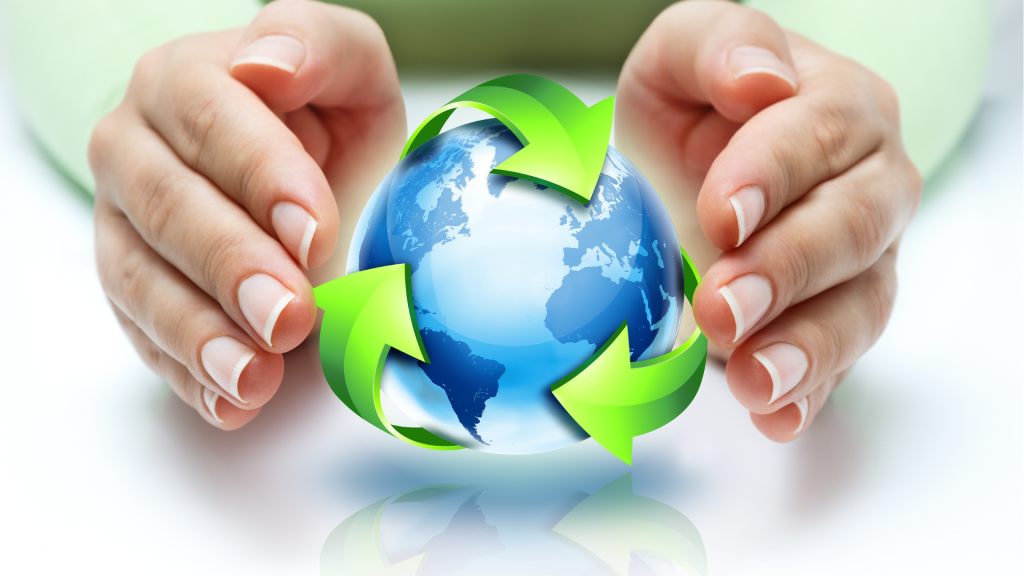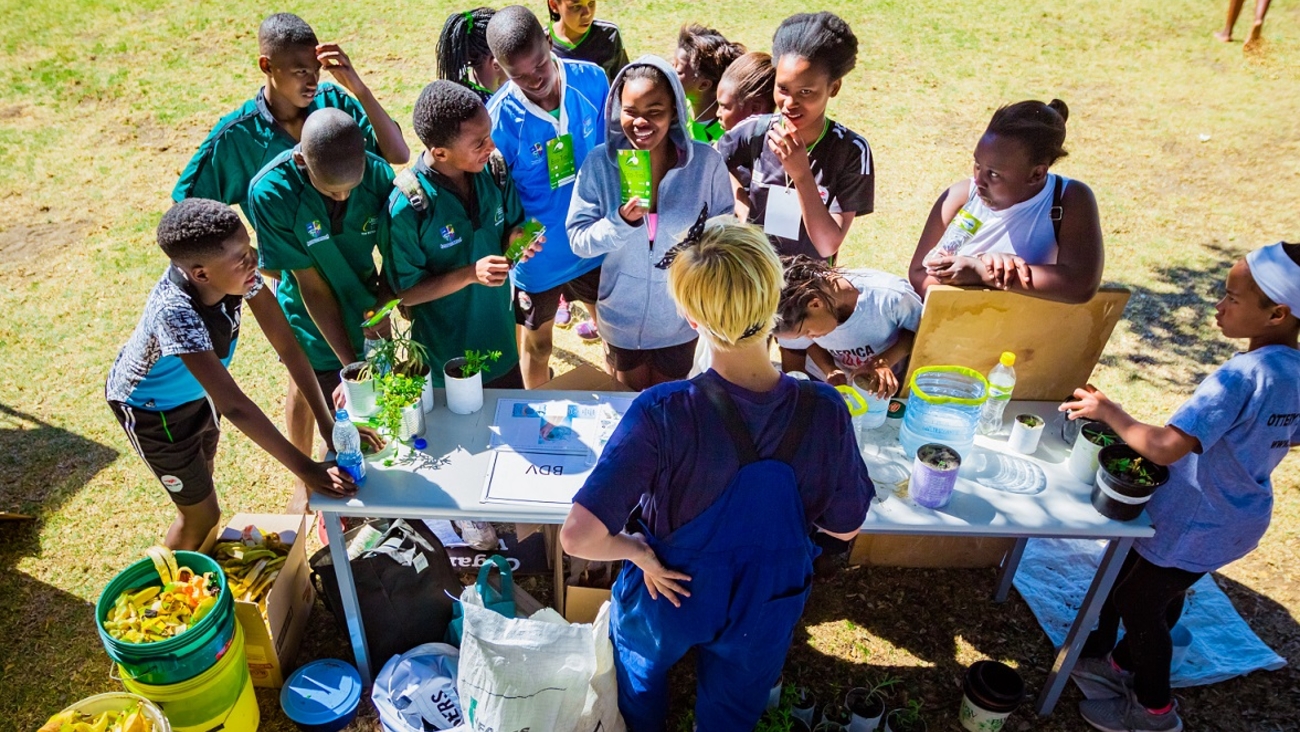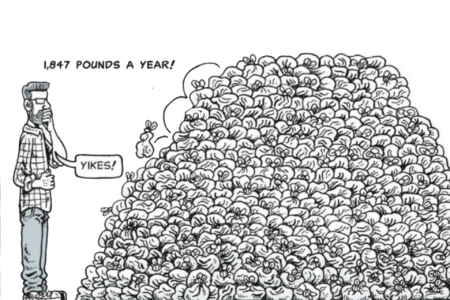
Introduction
Education plays a crucial role in shaping individuals’ attitudes and behaviors towards recycling and promoting a recycling-conscious society. By providing knowledge and awareness about the environmental impact of waste, education can empower individuals to make informed choices and take responsible actions. Exploring the connection between education and recycling-consciousness is relevant in creating a sustainable future.
Historical Background
Recycling has evolved over time, with its roots dating back to ancient civilizations. However, it was not until the late 20th century that recycling gained significant attention as a solution to the growing waste problem. The development of recycling-consciousness in society can be attributed to milestones such as the establishment of recycling programs, the introduction of recycling symbols, and the rise of environmental movements.
Key Concepts and Definitions
Recycling-consciousness refers to individuals’ awareness and commitment to practicing recycling and sustainable waste management. It involves recognizing the environmental consequences of improper waste disposal and actively participating in recycling efforts. Education plays a vital role in shaping recycling-consciousness by providing individuals with the knowledge and skills required to make environmentally responsible choices. Environmental literacy focuses on developing individuals’ understanding of environmental issues and their ability to address them effectively.
Main Discussion Points
The role of education in raising awareness about the environmental impact of waste
Educating individuals about the detrimental effects of improper waste disposal is crucial in fostering recycling-consciousness. By understanding the environmental consequences of waste, individuals are more likely to recognize the importance of recycling and adopt sustainable practices. Awareness campaigns, workshops, and educational materials can be used to inform and engage individuals in recycling efforts.

The role of education in promoting recycling habits and responsible waste management
Educational institutions play a significant role in teaching recycling practices and waste reduction. By incorporating recycling education into their curriculum, schools can instill recycling habits in young learners from an early age. Community-based educational programs can further promote recycling-consciousness by engaging individuals in hands-on activities and providing practical knowledge about responsible waste management.
The role of education in fostering a sense of responsibility and environmental stewardship
Education has the power to instill values of environmental responsibility and empower individuals to become agents of change in their communities. By fostering a sense of responsibility towards the environment, education can inspire individuals to take ownership of their actions and actively contribute to creating a recycling-conscious society. Through educational initiatives, individuals can learn how their choices and behaviors impact the environment and gain the motivation to make sustainable choices.
Case Studies or Examples
Real-world examples of educational initiatives have successfully fostered recycling-consciousness. For instance, some schools have implemented recycling programs where students actively separate recyclable materials and learn about waste reduction. These initiatives have demonstrated positive impacts on individuals and communities by promoting recycling habits, reducing waste, and creating a culture of environmental stewardship.
Current Trends or Developments
Recent research findings highlight the effectiveness of education in promoting recycling-consciousness. Studies have shown that well-designed educational programs can significantly influence individuals’ knowledge, attitudes, and behaviors towards recycling. Additionally, there are emerging trends and innovative approaches in educational programs related to recycling, such as the integration of technology and gamification to enhance engagement and learning outcomes.

Challenges or Controversies
Implementing educational programs for recycling-consciousness can face common challenges, such as limited resources, lack of standardized curricula, and resistance to change. Additionally, there may be controversies or differing viewpoints surrounding the effectiveness of education in promoting recycling habits. Some argue that education alone may not be sufficient and that policy changes and infrastructural improvements are also necessary.
Future Outlook
The role of education in fostering a recycling-conscious society is expected to become increasingly significant in the future. As sustainability becomes a pressing global issue, there will be a growing need to educate individuals about recycling and waste management. Future developments may include innovative educational strategies, partnerships between educational institutions and recycling industries, and the incorporation of recycling education into various disciplines.
Conclusion
Education plays a vital role in fostering a recycling-conscious society by raising awareness, promoting responsible waste management, and fostering a sense of environmental stewardship. By providing individuals with the knowledge and skills to make informed choices, education empowers individuals to become active participants in recycling efforts. The significance of education in promoting recycling-consciousness cannot be overstated in creating a sustainable future.
References
For further reading or research on the topic of education’s role in fostering a recycling-conscious society, consider exploring academic journals such as “Environmental Education Research” and “Journal of Environmental Education.” Books like “Education and the Environment: Learning to Live with Limits” by Gregory A. Smith and reputable websites like the Environmental Protection Agency’s official website can also provide valuable insights and resources.




